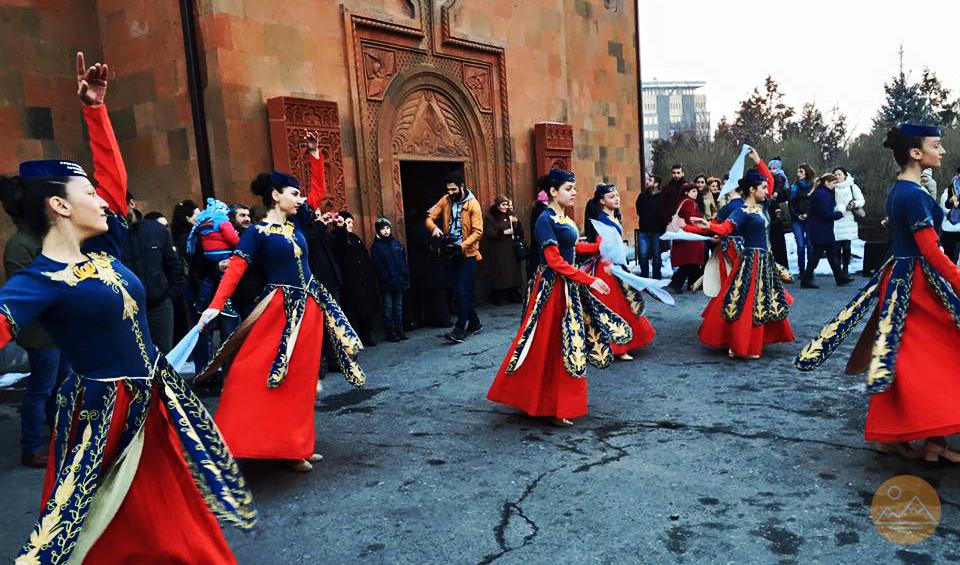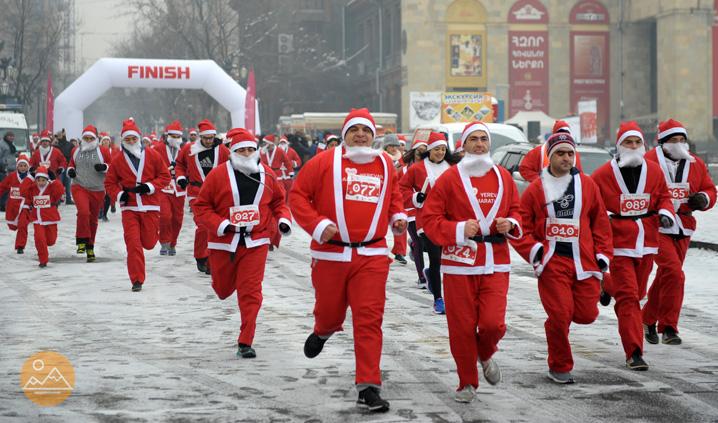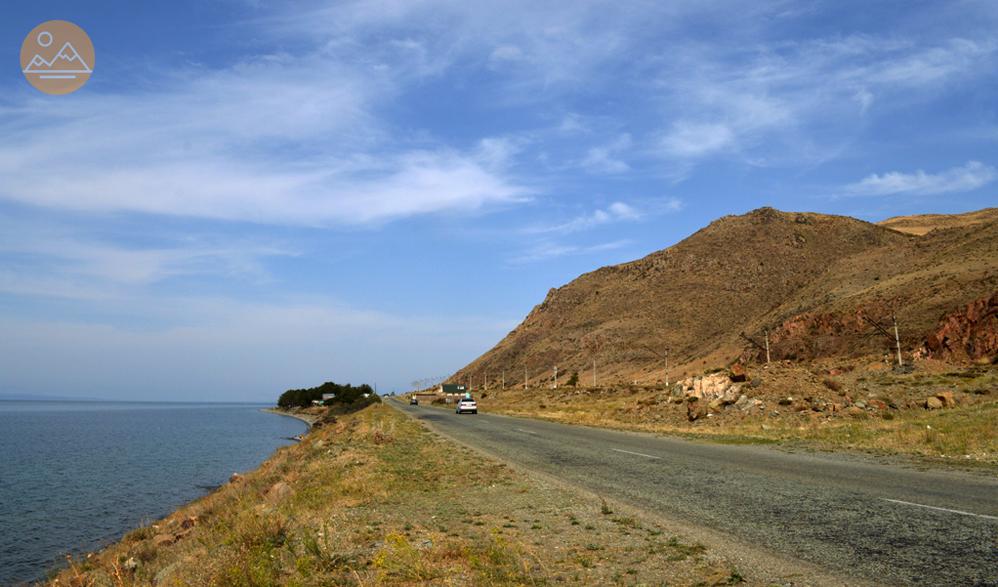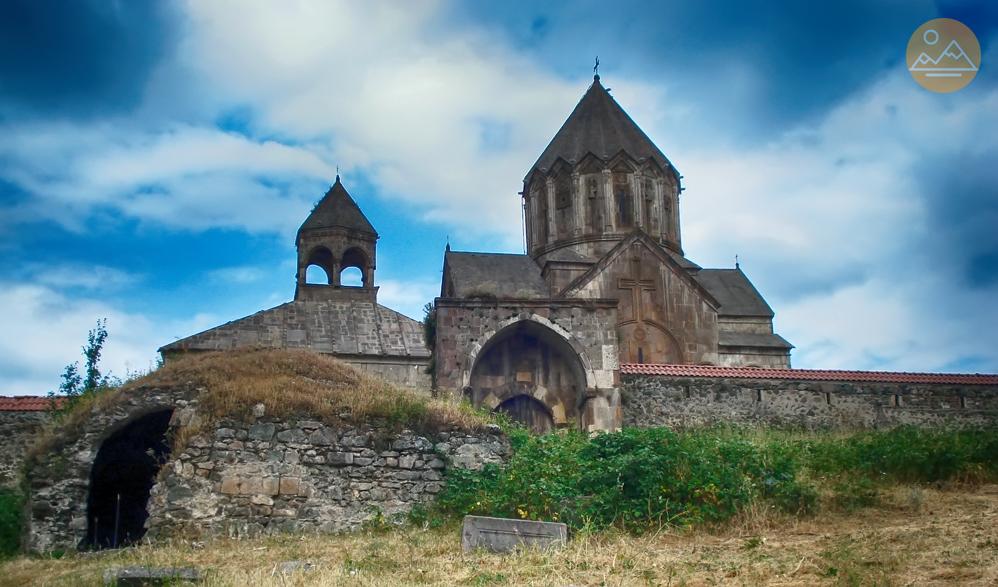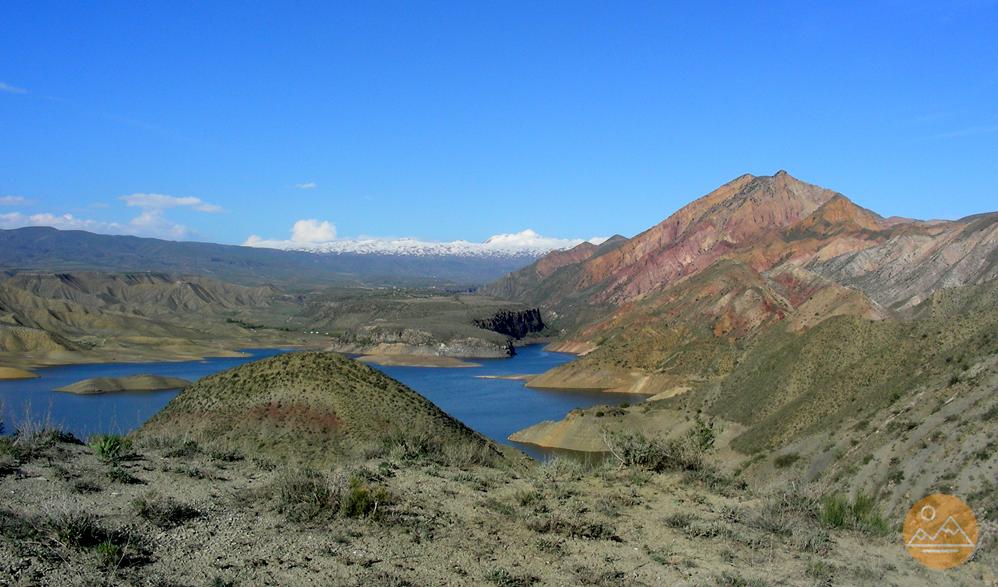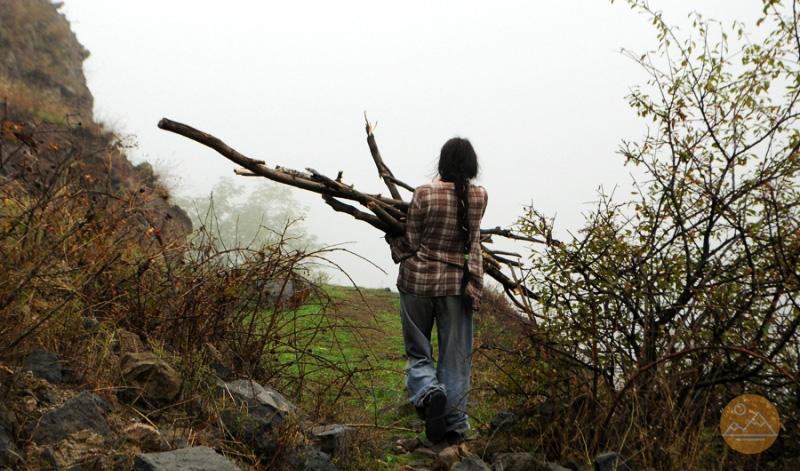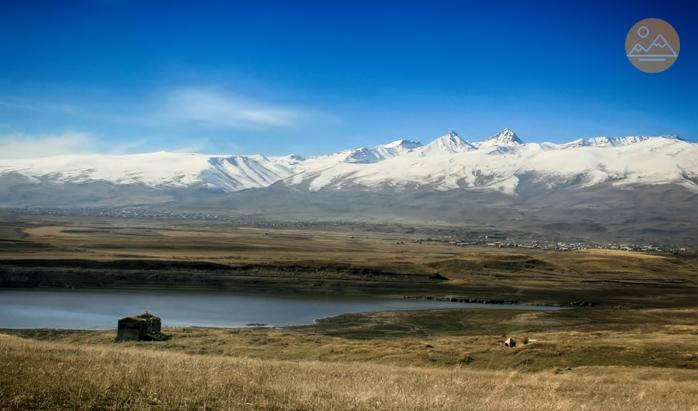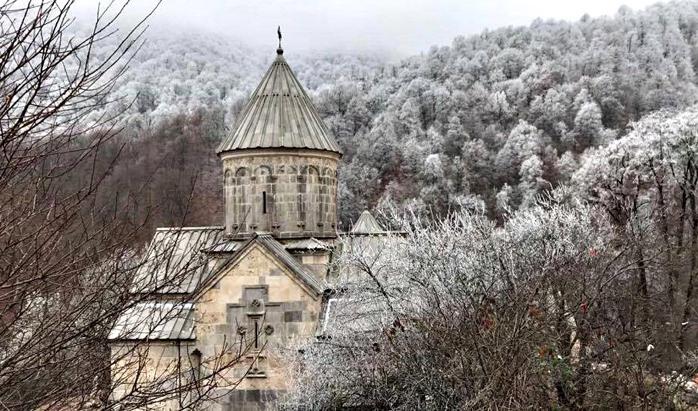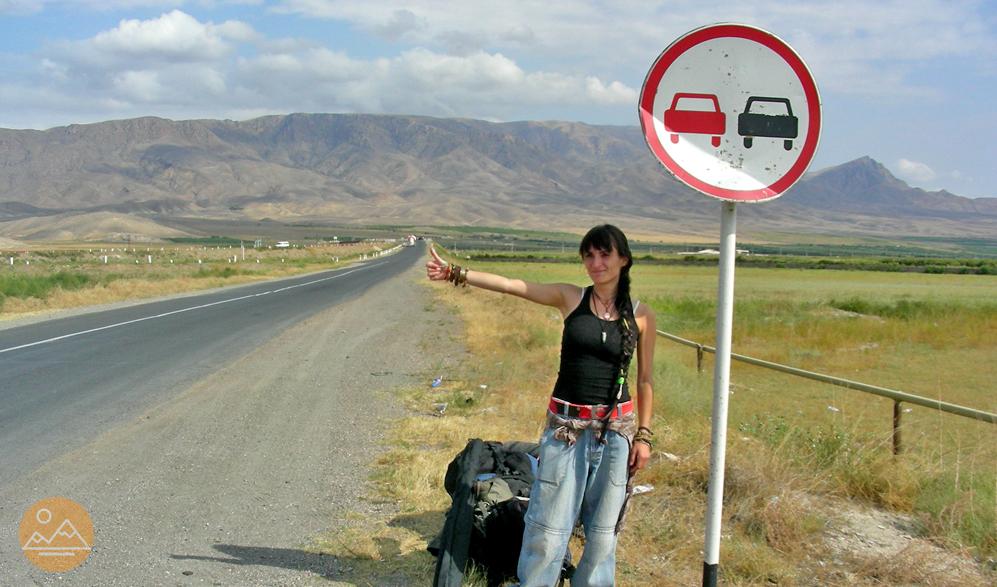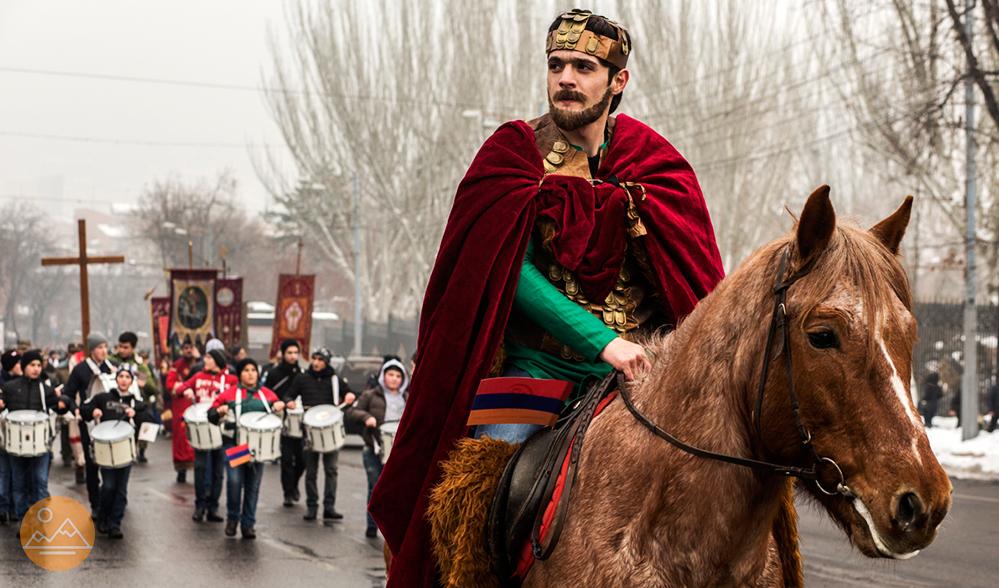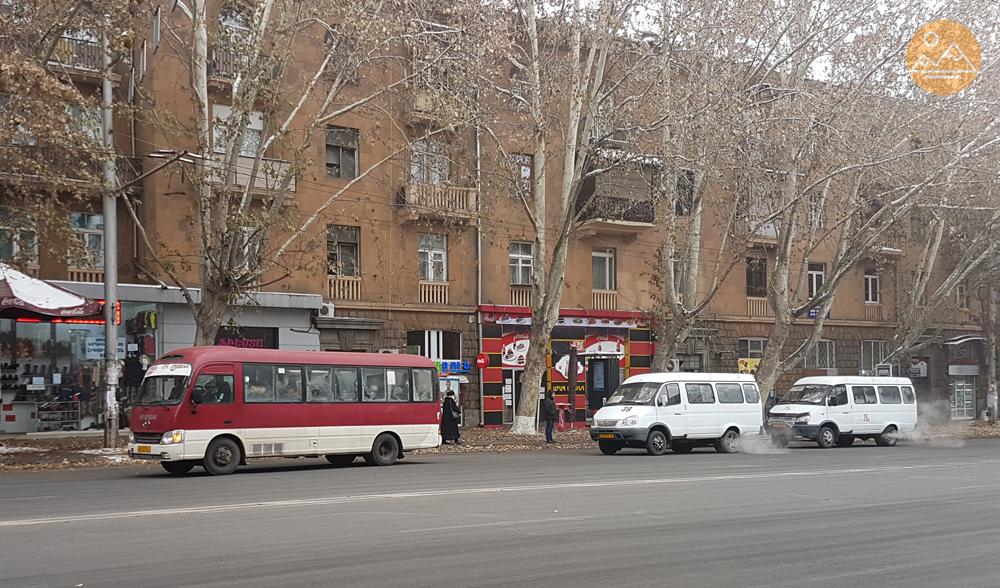-
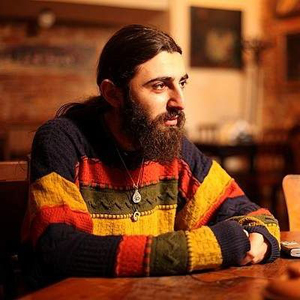 Arty Om
Arty Om
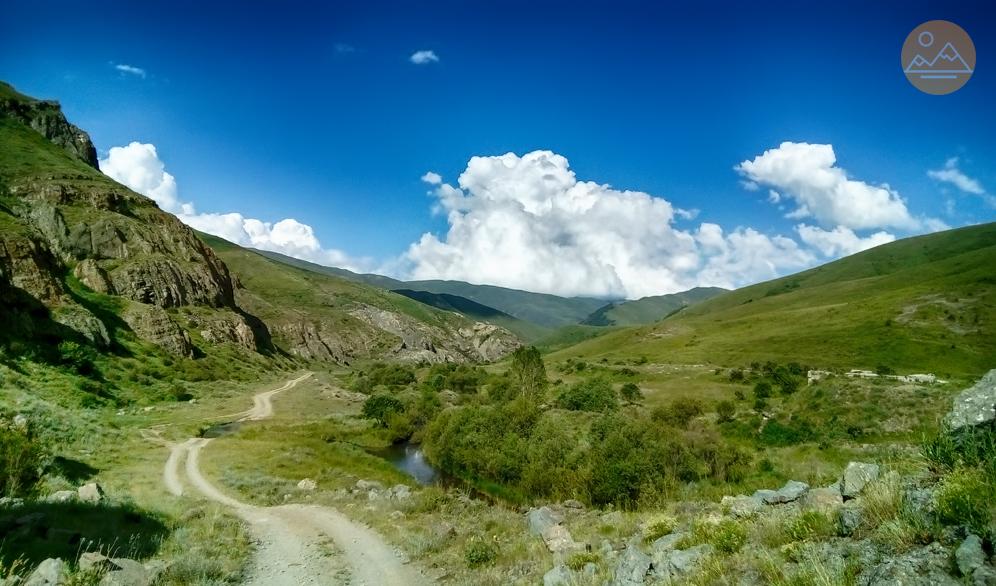
Hiking to Trchkan waterfall, Armenia / Photo: Arty Om
Trchkan Waterfall: A Night in the Mountains
Views - 3602
The old road from the village of Jajur to Kakavasar in the Shirak province of Armenia crosses two mountains, gaining an altitude of over 2500 meters above sea level. Cars rarely pass here, and if this road sees any drivers, that happens mostly around July and August when villagers come up to cut the grass for their herds. It took us good 4-5 hours to reach the village of Kakavasar: absence of trees and shade on the ground, and the burning sun in the skies dried our throats. We ran out of water long before we descended to the village, and as we noticed an old man with a shovel in his hand walking along the dusty road on the outskirts of Kakavasar, we rushed to him immediately.
"Good afternoon, where can we get some fresh drinking water?"
He looked at us somewhat confused, not quite understanding how did we appear here.
"Oh hello! Where are you coming from?!"
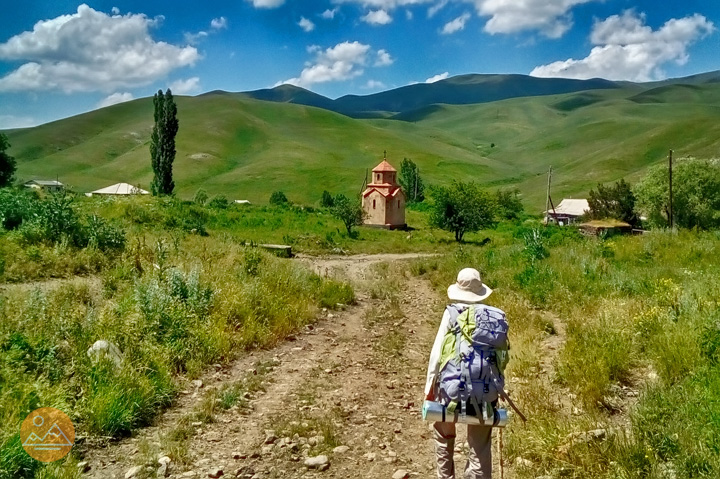
The village of Kakavasar, Armenia / Photo: Arty Om
Our answer brought up more questions, and in a short conversation, we told him we're walking to the Trchkan waterfall. Five minutes later, we were already sitting in a rather large living room of one of his relatives' home, drinking coffee and ice cold lemonade. One thing I've learned on the road is that whenever people invite you for a cup of tea, accept the invitation without hesitation, because it may turn into an interesting story to share with friends later. And in case of Armenia, it's usually a story which involves food and home made vodka, or wine, too. We took advantage of the situation to rest our tired bones a little while our hosts kept asking questions and insisted that we stay at their home tonight. We kindly refused, saying we wanted to camp by the waterfall.
"Write down my phone number. If you don't get there, come back and stay at my home," said the old man, named Misha. "Call me, and my son will come on his car to pick you up from wherever you are."
We took his phone number, thanked him and continued our way. It was around 4:00 PM already, so we decided to hitch a ride if a car passes. The only vehicle going the same direction didn't stop, so we had to walk all the way to the waterfall, which we did with great pleasure, despite the pain in our feet and shoulders.
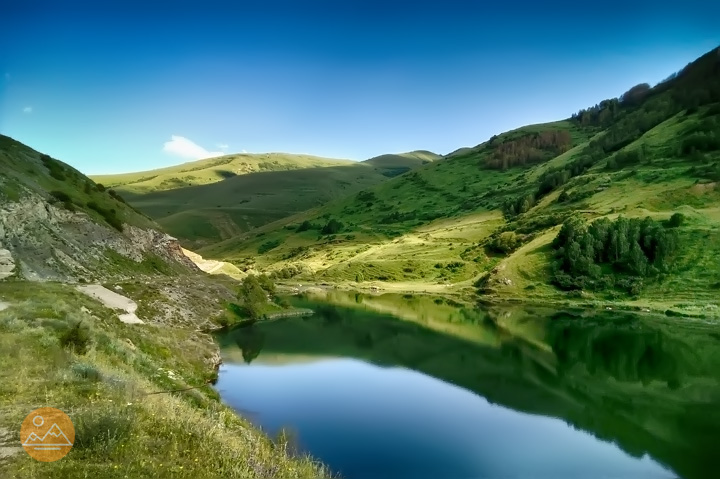
Artificial water reservoir on Chichkhan river, Armenia / Photo: Arty Om
The road to Trchkan waterfall runs through a meadow along the Chichkhan river, with mountains on both sides, offering some stunning views and landscapes. There are few villages here, scattered around the mountains, each about 4-5 km from the main road. In some parts, the road crossed the river, forcing us to take off our boots and enter the cold waters - such a relief for our tired feet. And old Soviet truck with villagers in the back passed by us in the opposite direction. People waved their hands to us happily. They were coming back from Trchkan. As we leaned back in the village, in the summer, many people from the nearby villages and small towns visit the waterfall for a picnic and a refreshing swim, and it's usually crowded, especially around the dates of the Feast of Vardavar, a religious holiday in Armenia, during which people pour water on each other.
About 2 kilometers before the waterfall, we came across a shepherd - a 35-year-old man with sunburnt face. We exchanged a few words while his cows grazed on the slopes of a nearby hill. Upon learning about our intention to spend the night in a tent by the waterfall, he warned us to be careful since there are bears around. "We have a home up there. There's a lot of space. If you change your mind, come over and stay with us. Just continue walking this same road, and you'll see it," he told us.
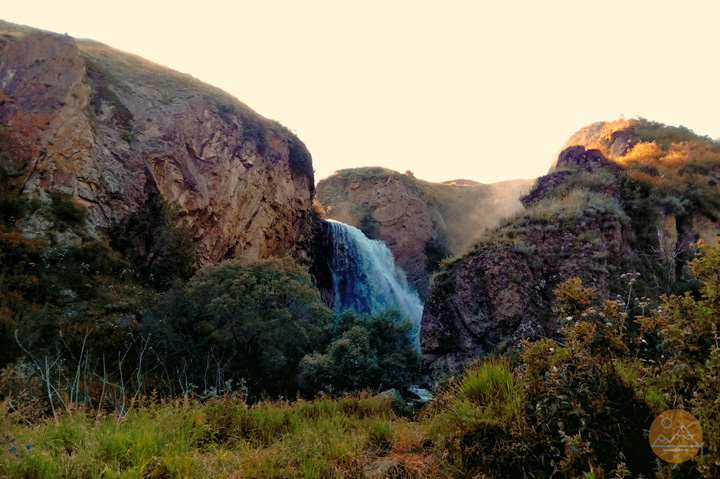
Trchkan waterfall, Armenia / Photo: Arty Om
We got to Trchkan with the last rays of sun slowly disappearing behind the peaks. A few groups of people were still enjoying their barbecue as we passed them walking to the waterfall. A stray dog was running around the wooden table hoping to get the leftovers. We sat on the grass and simply stared at this natural beauty, blown away by its majestic force. But we also realized it was quite cold here, and it would get much colder in the night, so our confidence slowly diminished - no camping by the waterfall. We were going to continue our way to the village of Gogaran about 10-15 kilometers further the next day, thus returning back to Kakavasar made no sense, so we decided to accept the shepherd's invitation.
The cattle was already corralled when we reached the house. Two dogs welcomed us with loud barking. The shepherd we met earlier came out of the one-storey concrete building, smiling. "We decided to join you for tonight," I said, to which he replied that it was a right decision. “My name is Samvel,” he added, inviting us in. It was a one large room, four beds on each side of it, and an oven in the middle. We put our backpacks down and went to the nearby spring to bring some water, while the others were busy finishing their work. There were three of them: the shepherd, his son and his friend.
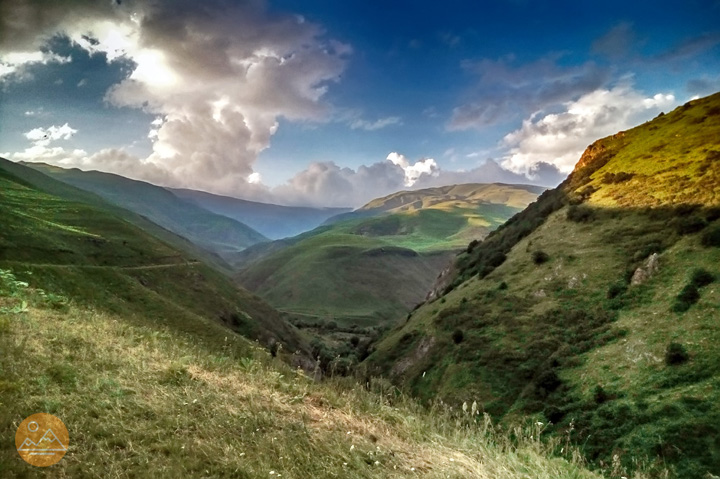
On the border of Shirak and Lori provinces, Armenia / Photo: Arty Om
"This is how we earn our living. It's a tough job, though. We bring the cattle up here and take care of the animals until the first snow. Then we return back to our village. The village municipality built this house here," said the shepherd, while preparing a dinner under the light of a few candles and torches."We make enough money... if wolves do no damage," he then added. I asked if there are many wolves in the area. "Oh yes! And bears, too. Last year, wolves killed about 20 cows."
Our conversation continued during the dinner - boiled potatoes, homemade cheese, tomatoes fried with eggs, and homemade vodka, of course. We ate, we toasted to our friendship, our health, and our luck. The grape vodka was a strong one.
"I'm surprised that you know about these areas. Travelers rarely come here," said Samvel as I told him we were going to walk to Gogaran in the morning. "There was a group of 3 hikers from Poland the other year, walking to Georgia. We saw them walking along the road you came, so we called them and invited them over to stay with us, but I guess they were afraid of staying in a house with two strange looking guys. And just as they reached the top of that hill across the road, it started raining hard. We saw them setting up their tents, and they didn't even come down here, spent the night there. Not like you. See? They missed a great night with us and the vodka," he said and laughed.
Just before we went to our beds, the shepherd's son walked out of the house, and a minute later we heard loud explosions of firecrackers, echoing through the valley. "It scares the wolves off," said the shepherd.
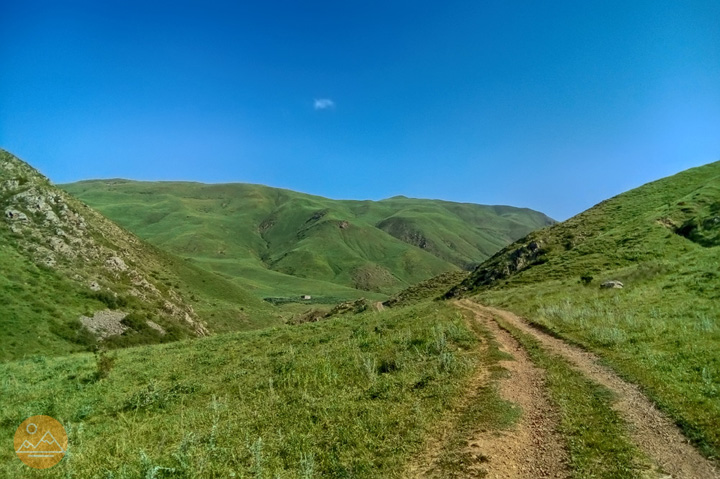
Hiking from Trchkan waterfall to Gogaran village, Armenia / Photo: Arty Om
The night wasn't peaceful as we expected. There was a storm outside, with lightnings and strong wind, and raindrops drumming on the windows. The air inside was stuffy. We barely slept a couple of hours, turning in our beds all the time. It got better only in the morning.
When we woke up, the shepherd and his friend had already left with the cattle. We took our breakfast with his son, and after packing our belongings, three of us left the house and walked along the narrow path towards the road. We bid our farewell to the boy, and as walked away, we looked around, enjoyed the landscape. The old road to the village of Gogaran, rarely used by locals, and the views along it often made us think we were not in Armenia, but somewhere else, Wild West, perhaps? Clouds floating above us, wooden shacks here and there, like in those photographs of the countryside in the U.S. And solitude. That feeling and perception of you, a tiny little creature walking through the meadows under the look of the mountains and the eagles roaming the skies.
